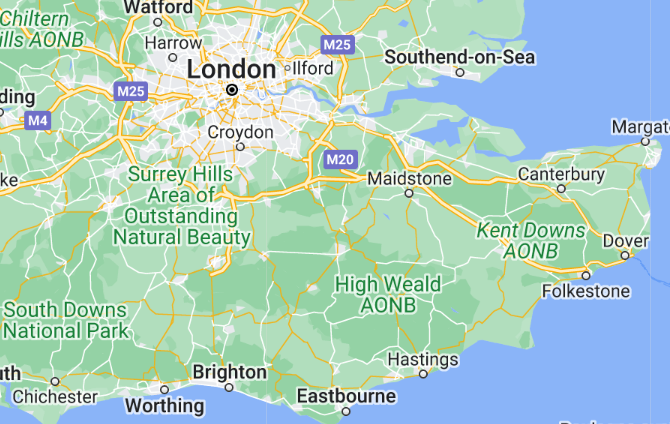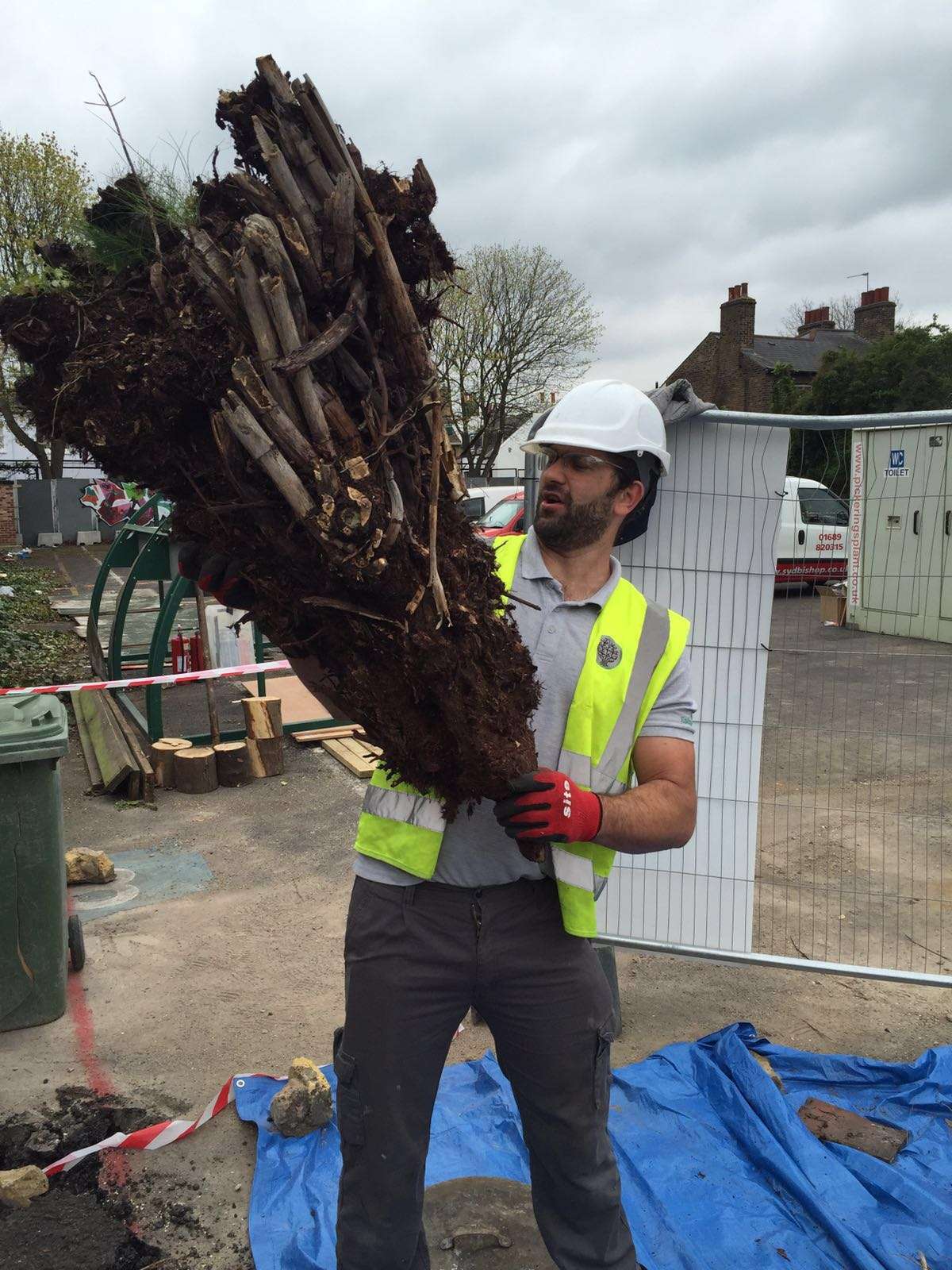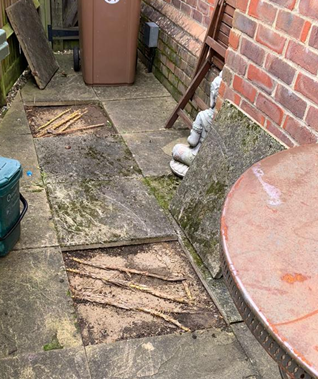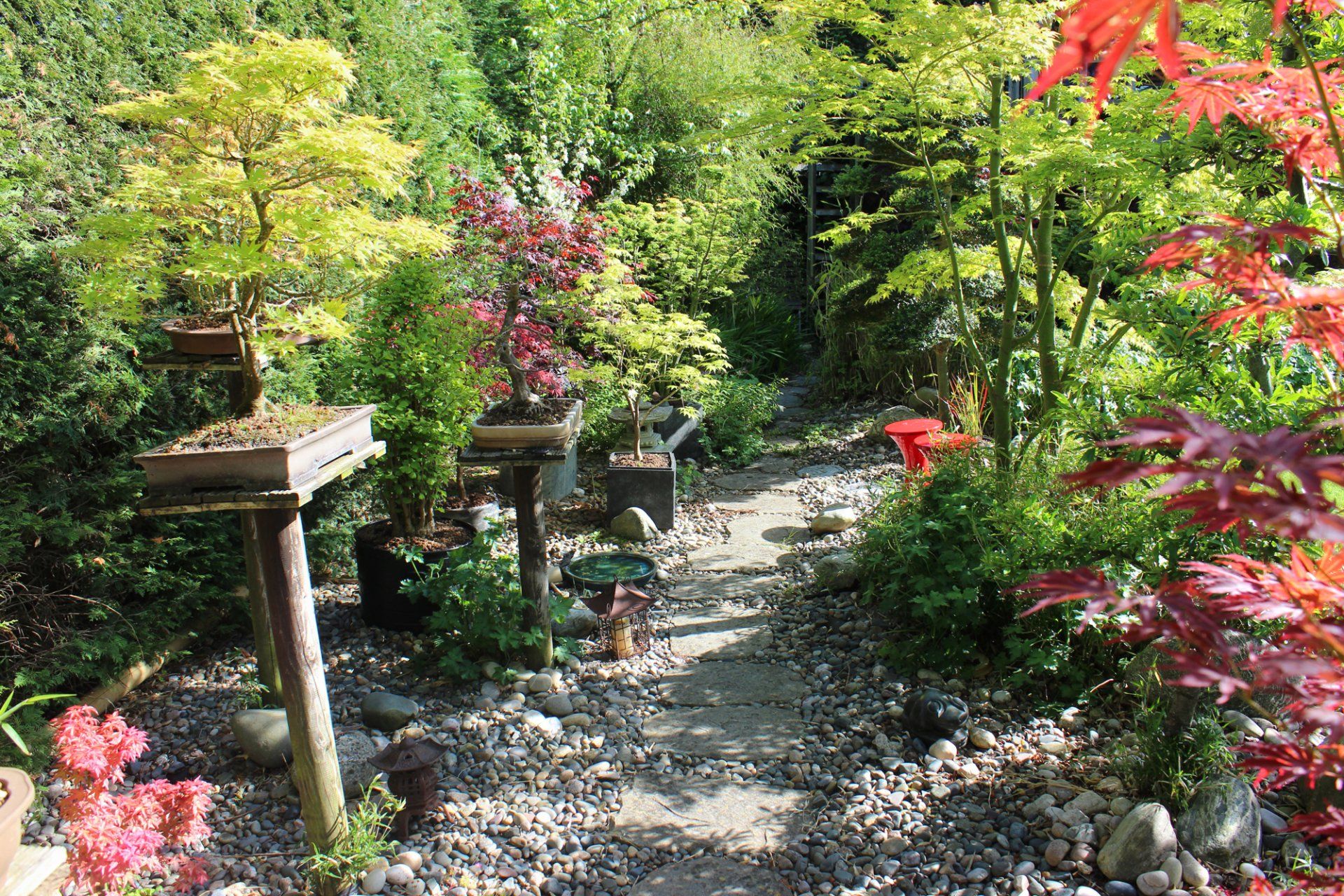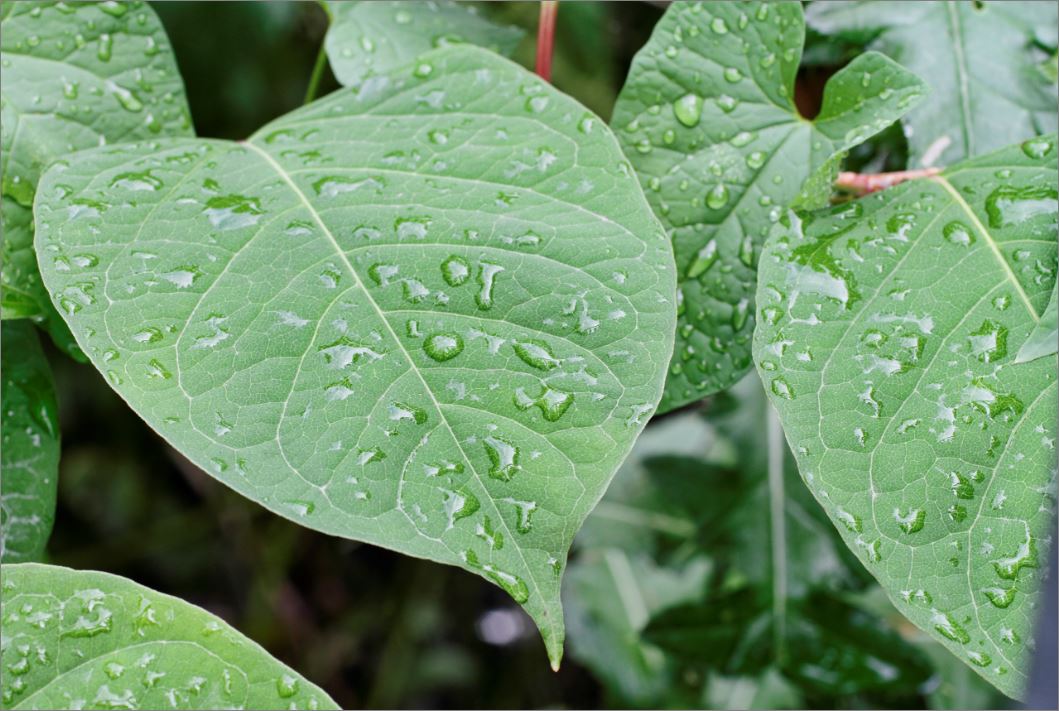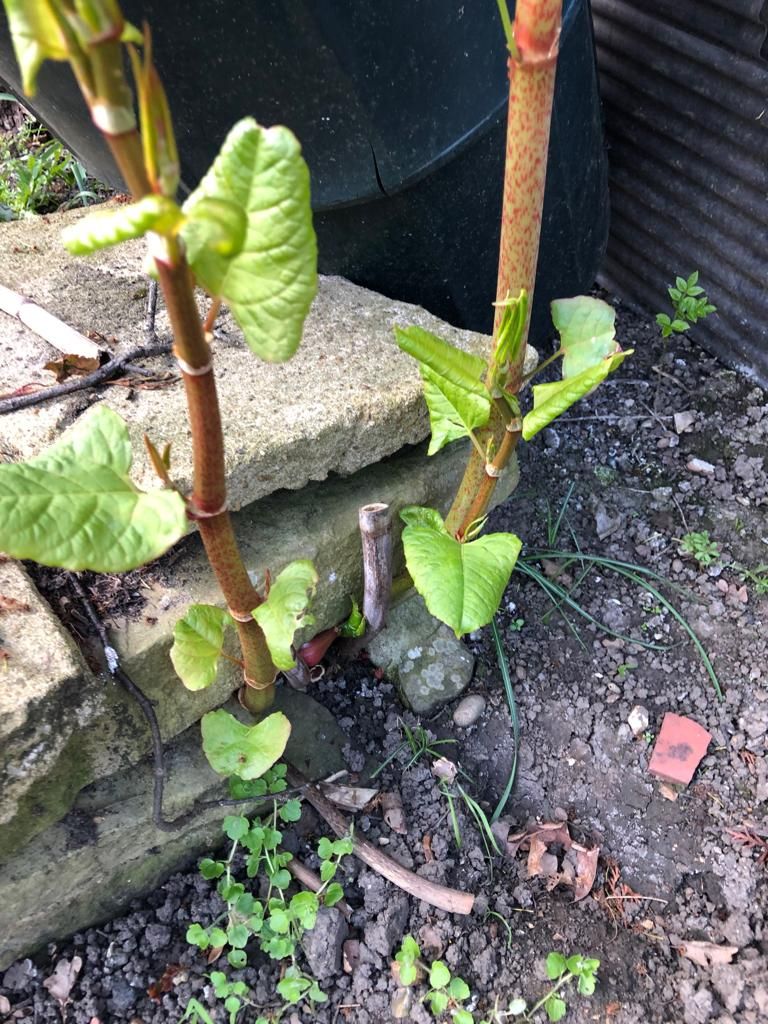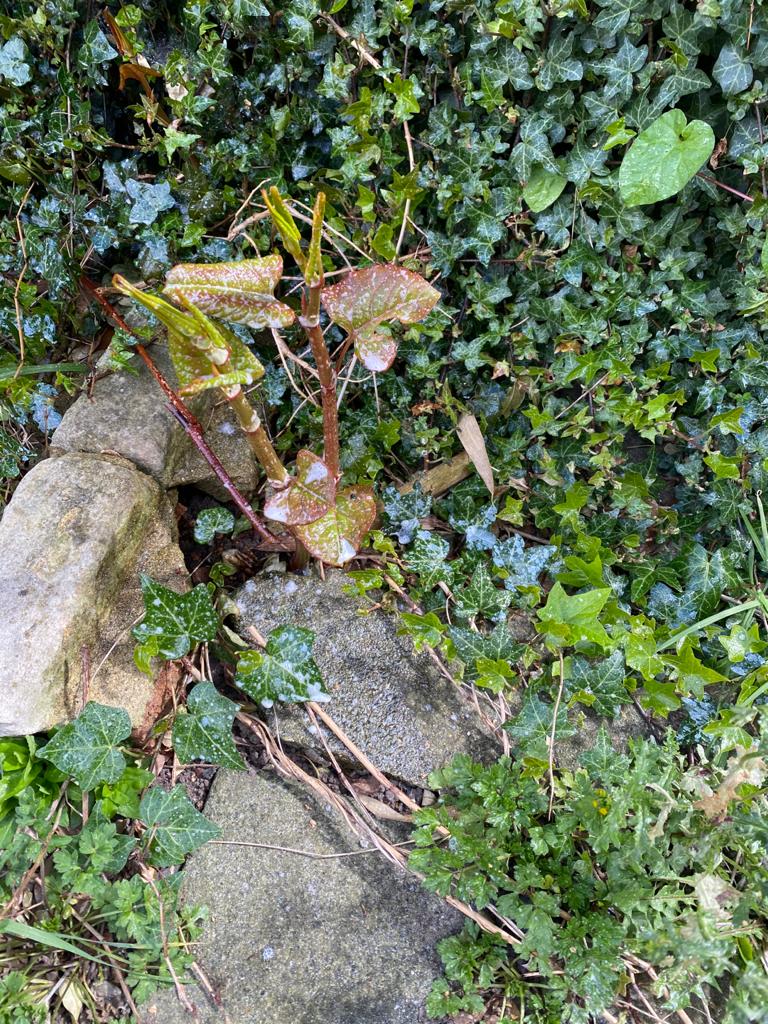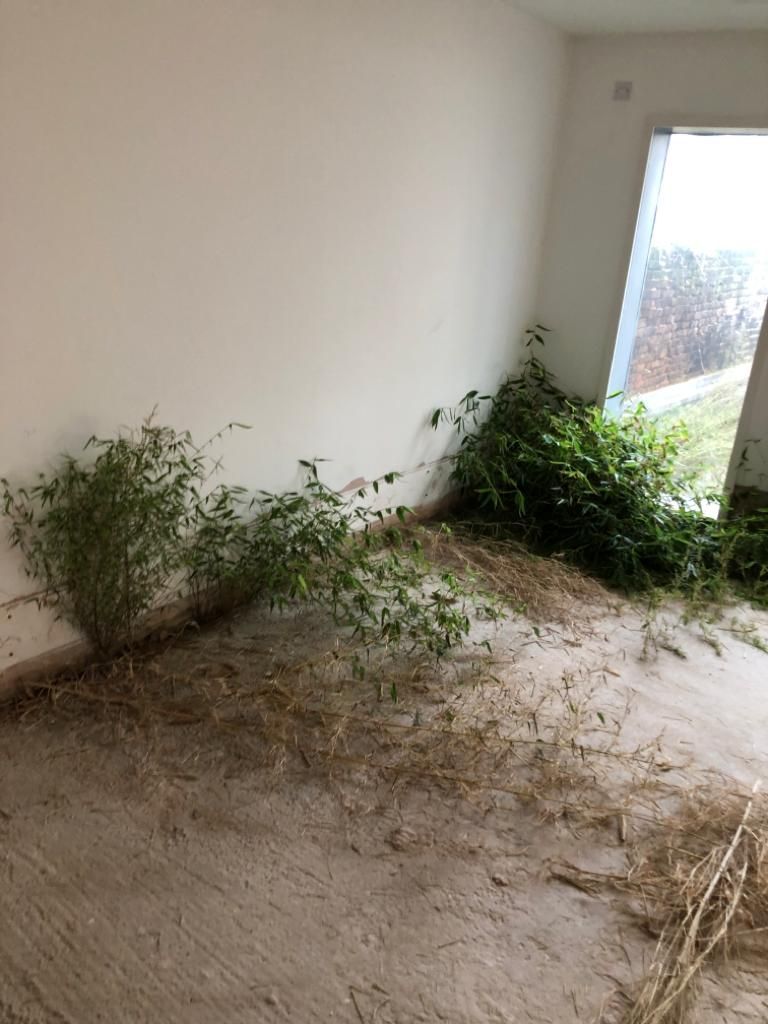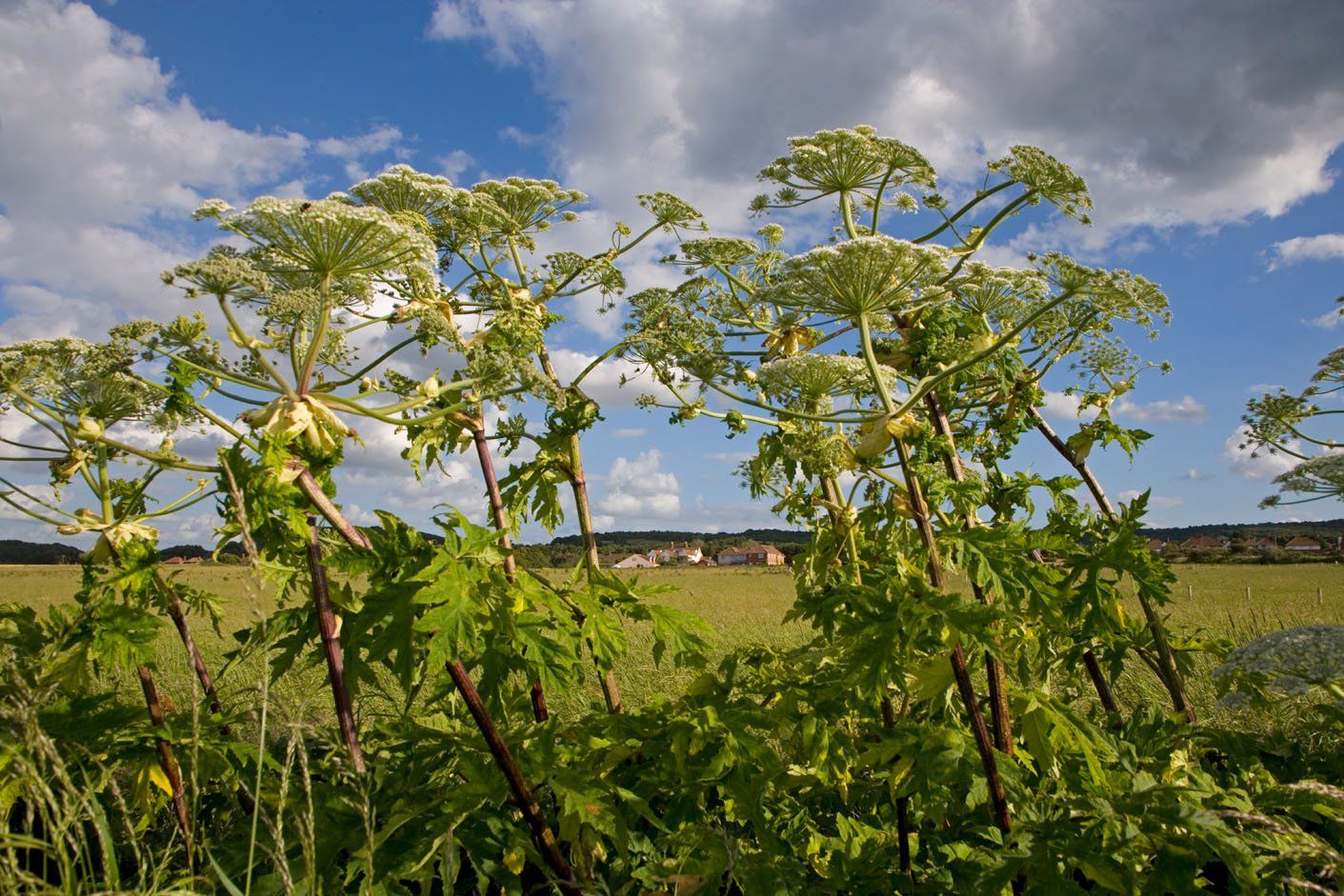Why Is Invasive Plant Removal Important?
Invasive plants are plants that are intentionally or accidentally introduced by humans into areas outside of their natural habitat. They can cause all sorts of problems, from health issues and damage to native wildlife to structural damage and legal implications.
Due to the array of issues that can arise, it’s important to identify and remove invasive plants as early as possible. This blog from Gaia Environmental explains exactly why invasive plant removal is so crucial.
What makes a species invasive?
Generally speaking, invasive plants must be able to survive and thrive in their new environment. They are characterised as being extremely hardy, fast-spreading, and able to outcompete native plants with relative ease.
Some specific traits that make a plant well-suited to being an invasive species include:
● Lots of seeds - to succeed as an invasive species, a plant must be able to reproduce quickly and aggressively.
● Few natural predators - if the plant isn’t eaten by local wildlife, its population is less controlled and they can subsequently become invasive.
● Difficult to kill - many invasive plants are able to reproduce and regrow in a variety of ways. They can also survive fire, chopping, poison, and uprooting. This makes them incredibly hard to get rid of once and for all.
● Thrive in disturbed areas - many invasive species thrive in disturbed ecosystems, taking root when other plants are struggling to survive. They can also survive in a variety of environments.
Why is proper invasive plant removal important?
If you discover any invasive plants on your property, it is important to seek advice from invasive plant removal specialists such as Gaia Environmental. Whether you’re in need of Himalayan balsam removal or an effective weed preventer, we will be able to help you eradicate these nuisance plants once and for all using a range of methods.
Keep reading to discover the importance of professional weed killer and invasive plant removal services.
They reduce biodiversity
Invasive plants are one of the leading causes of native biodiversity loss, as they spread quickly and can displace native plants, prevent native plant growth, and create monocultures. A healthy plant community should be home to a variety of herbs, shrubs, trees and flowers - something which is stopped in its tracks once an invasive species appears. As a result, plant species diversity is significantly reduced and the affected area experiences what is known as biological pollution.
These changes to the ecosystem can then have knock-on effects, such as:
● Reduced quality and quantity of fish
● Poorer habitats for wildlife
● Reduced food supply for local wildlife
● Reduced crop output for human food consumption
● Death of local wildlife
In fact, invasive plants pose such a risk to the numbers of surviving native plants and animals that they are listed as a factor in the Endangered Species Act.
They spread rapidly and are extremely persistent
Invasive plants are so dangerous because they are alarmingly effective at overwhelming their native neighbours. Not only do they spread rapidly but they also tend to have a broad reach, which means they can spread their leaves over surrounding plants to soak up the majority of the sunlight.
As well as this, they have an extensive root system. Their roots can grow over a metre long and are extremely persistent. This means they’re far more likely to access the moisture and nutrients they need than less hardy native plants are, and they are harder to completely eradicate, too.
Failing to remove them can have legal implications
In the UK, there are rules and regulations designed to reduce the harmful effects of invasive plants. These rules stipulate that nobody should intentionally import, keep, breed, transport, sell, grow or cultivate an invasive alien plant species (unless exempt).
If an invasive plant is already growing on your land, they are not considered to be intentionally kept or cultivated, so you’re not automatically committing an offence if there’s a listed plant growing in your garden or on your land.
You should, however, treat or dispose of them where possible and prevent them from growing or spreading outside your land. Again, if this happens unintentionally you won’t be held accountable, but if it was preventable then your neighbours would be within their rights to take legal action against you.
It’s important to check your land regularly for any signs of invasive plants. This should, at the very least, allow you to stop it from invading your neighbours’ properties without you even knowing about it.
They negatively affect water quality
In areas where invasive plants are dominant, there is likely to be very little root structure to bind the soil properly. This means that large areas dominated by invasive plants are more likely to erode during periods of adverse weather or floods than areas with a diverse range of plants, which would provide a more complex and diverse root structure.
Erosion can significantly affect the quality of water sources, as it releases sediment from the ground into streams, increases the turbidity (cloudiness) of the water, and reduces water quality. Invasive plants that occur near bodies of water can also provide less cover and shade, which tends to increase the water’s temperature. The formation of monocultures as a result of invasive plant growth can also prevent tree establishment when it occurs near streams and other bodies of water.
They increase the risk of fire
Monocultures of invasive plants create fuel for wildfires. Plants with sprawling vines can be particularly dangerous, as their vines can climb trees and act as a vehicle for flames to reach the canopy layer. Fire in the tree canopy is far more difficult to control and more likely to threaten nearby structures. The upward spread of fire also drastically increases the number of animal species that could get caught in the flames.
They could affect your house’s saleability
The nature of invasive plants means that your garden’s condition could deteriorate drastically before you even get a chance to act. While there are steps you can take to keep invasive plants under control or, in an ideal scenario, eradicate them completely, this can be a tiresome process that doesn’t always work the first time. Additionally, homeowners looking to sell their property are now required to declare the presence of invasive plant species and, where applicable, provide a management plan for its eradication.
This is unlikely to be appealing to prospective buyers, should you decide to sell up before conquering your invasive plants. You might find it difficult to sell your house at all, or you may have to settle for a lower valuation or sale price than you were hoping for. Addressing your invasive plant problem early on could be invaluable in getting the price you deserve for your property and being able to move on elsewhere.
Top tips for knotweed control
The best way to fight invasive species is to prevent them from occurring in the first place. There are steps you can take to help stop the introduction and spread of invasive species. These include:
● Make sure that you do your research before acquiring any plants for your garden and ensure that they aren’t invasive before purchasing them.
● Take extra care when travelling to new areas, whether they’re the other side of the world or just a couple of hundred miles away. This involves things like cleaning any vehicles thoroughly before taking them to new places, cleaning your hiking boots before exploring a new area, and avoiding bringing any pests or invasive species with you from abroad (e.g. via fruits, vegetables, plants, or animals).
● Avoid releasing aquarium fish and plants, live bait or other exotic animals into the wild. If you do want to get an exotic pet, make sure you do your research before committing to looking after it.
● Become familiar with plants and wildlife that are native to your area. This can help you to identify invasive species quickly and eradicate them before they wreak too much havoc.
● Volunteer at your local park or wildlife centre to help remove invasive species and educate others about the threats they pose.
Looking for ‘Japanese knotweed removal companies’ in South East England? Look no further than Gaia Environmental
If you suspect that your property is suffering at the hands of invasive plants, you’ll need specialist advice and services to tackle these nuisances once and for all. By dealing with the problem promptly you can save yourself all sorts of costs and damage and protect any native plants and local wildlife that call your garden home.
Gaia Environmental can help you eradicate invasive plants effectively and efficiently, whilst ensuring both your property and our processes are compliant with regulations at all times. Whether you’re in need of Japanese Knotweed removal, a professional weed killer or weed preventer, or Himalayan balsam removal, our team has the knowledge and experience to provide the necessary removal or treatment solutions.
To prevent the spread of these harmful plants around your local area, get in touch with Gaia Environmental today.
We will get back to you as soon as possible.
Please try again later.
